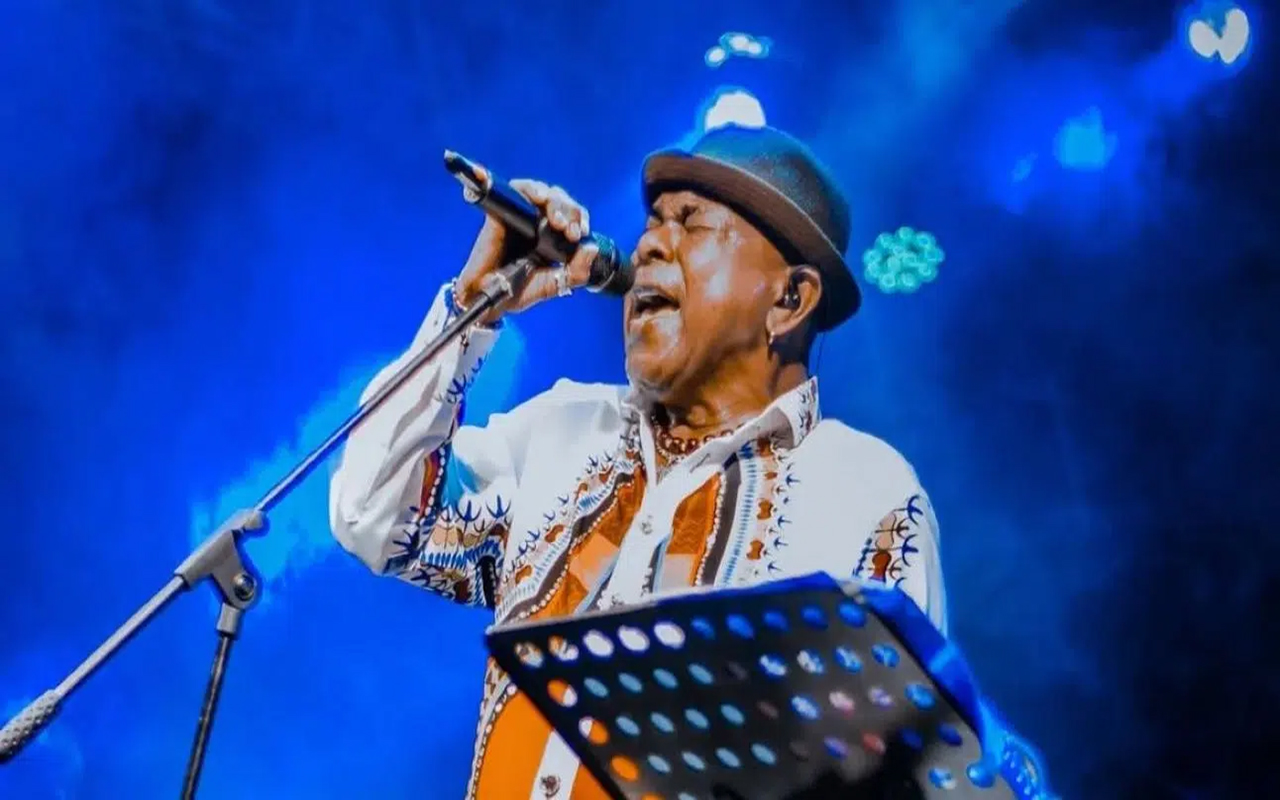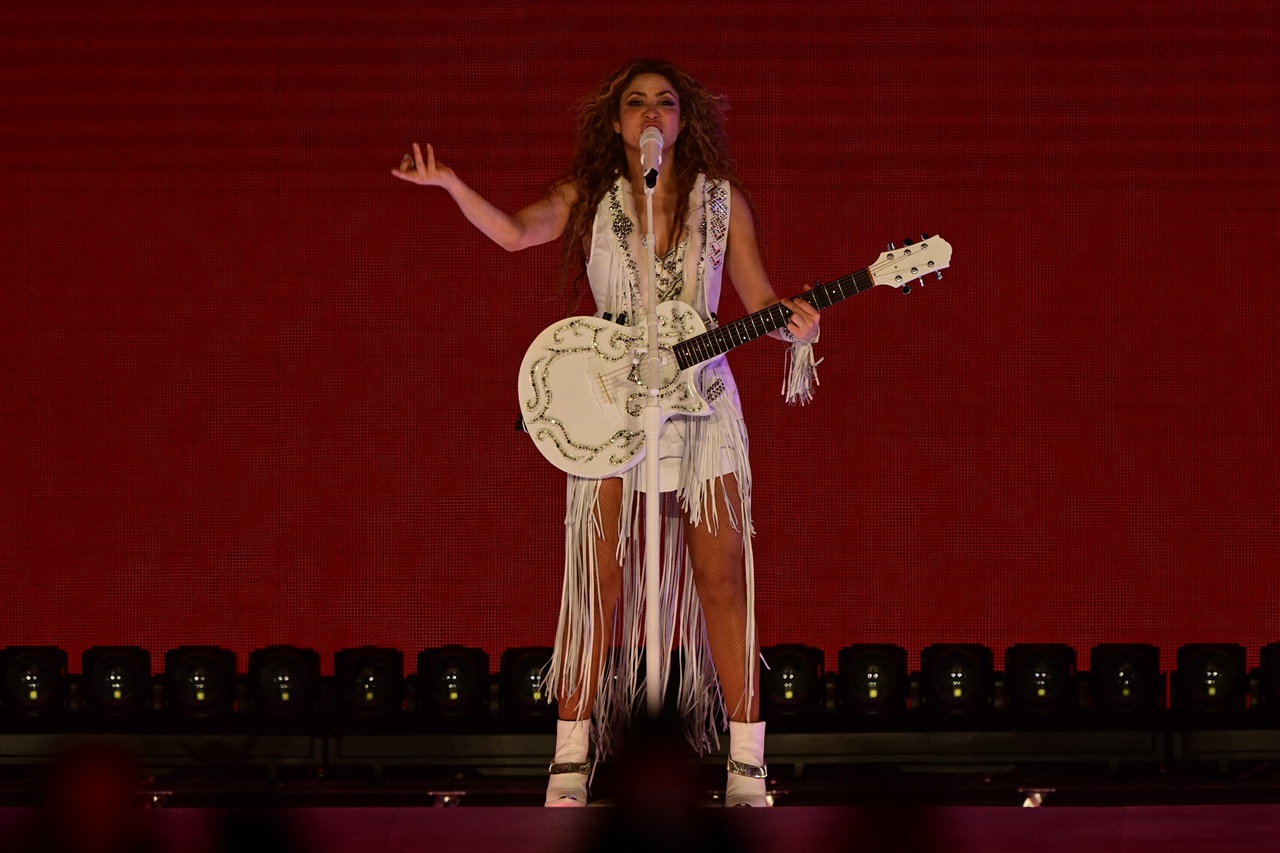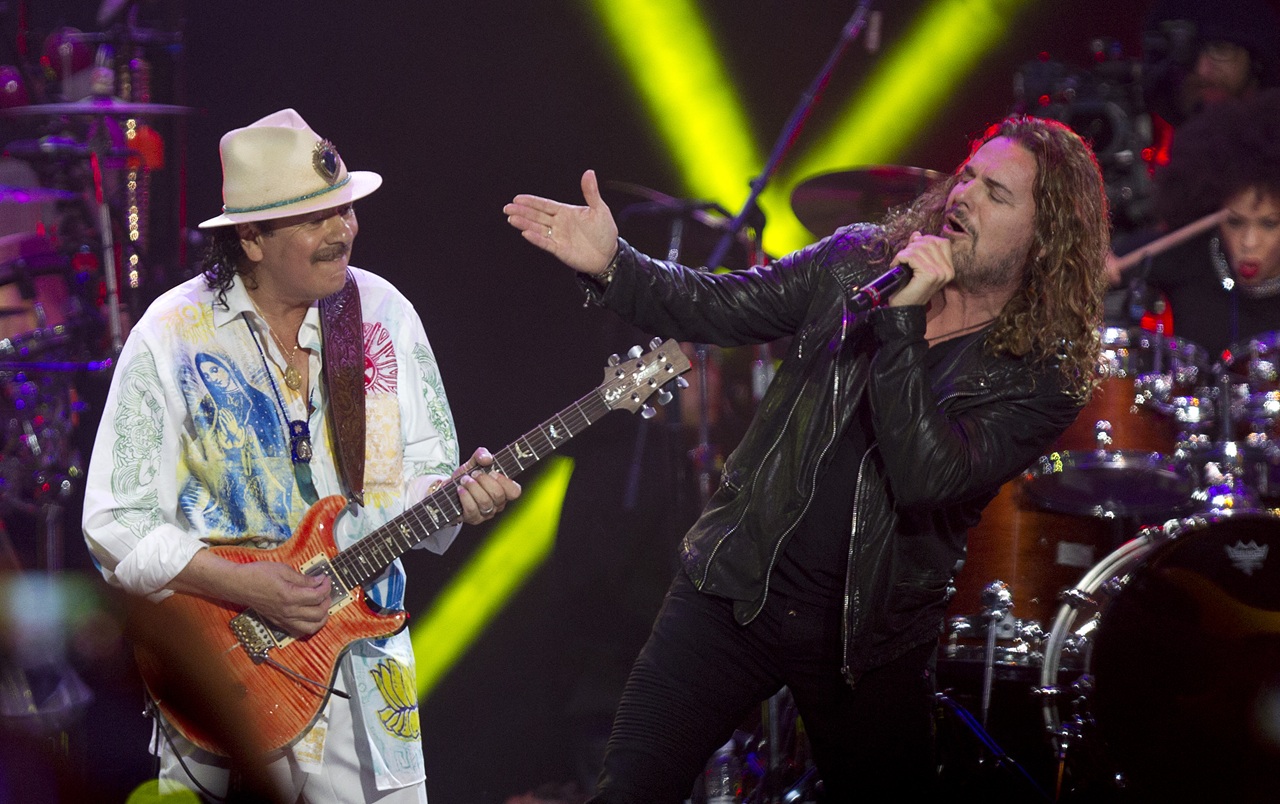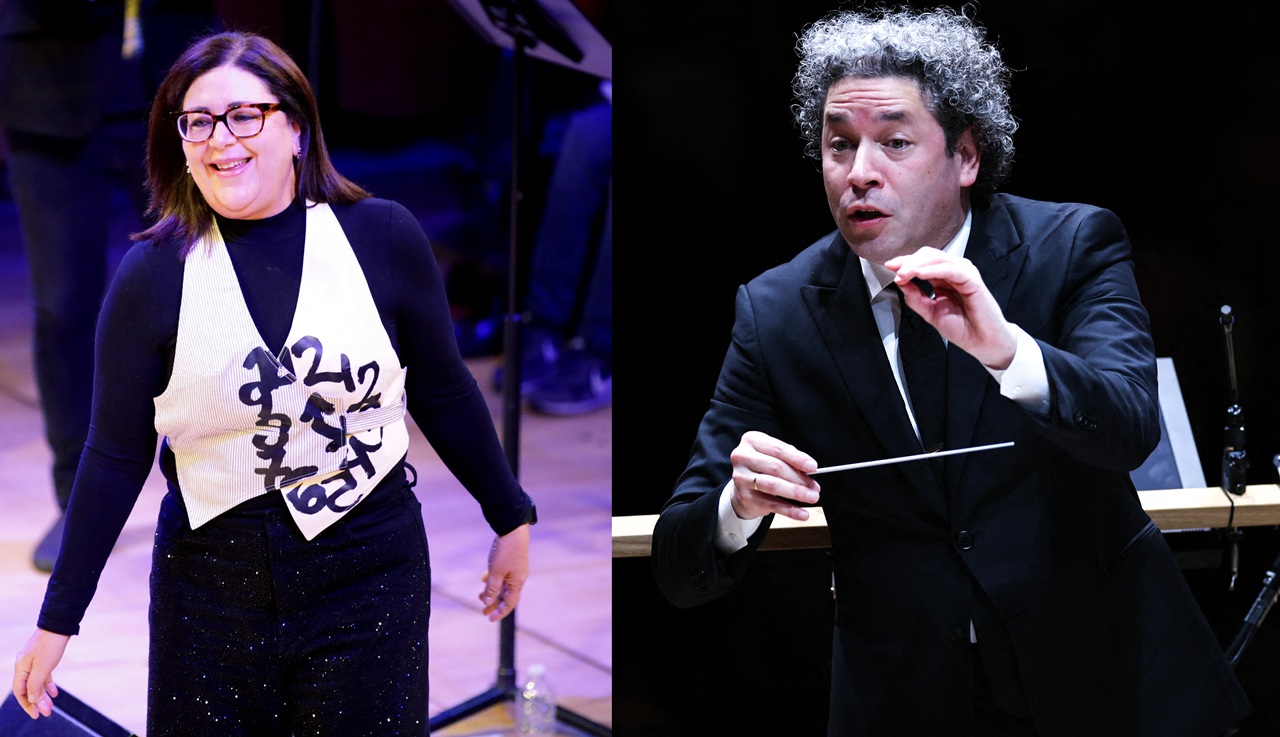
Bad Bunny is one of the most important exponents of the urban genre today. Photo: Instagram- @badbunny
Why is reggaeton so important to Latin culture?
Reggaeton has arrived on the music scene to stay. Its power within the Latin industry and the world is growing, but it also generates discussions about its…
On Tuesday, Sept. 28, nominations for the 2021 Latin Grammy Awards were announced. But news was generated by the statements of Colombian reggaeton musician J Balvin, who invited a boycott of the awards. His statements opened a debate on the importance of the so-called urban genre within the Latin music industry.
Balvin posted a series of tweets commenting that the Academy does not value the singers in the genre, but only need them to increase ratings for the awards show. To this, Residente responded to him, followed by other singers who disagreed with the comment.
"The Grammys don't value us, but they need us. It's my opinion and nothing against the other genres because they deserve all the respect, but the gimmick is already boring. We give them ratings, but they don't give us respect. I'm nominated so they don't come that I'm hurt," Balvin wrote, but later deleted the post.
As a first response, the Puerto Rican responded with a metaphor where the Colombian's music was compared to a 'hot dog' cart.
"You have to understand José, that it's like a hot dog cart getting upset and cowering because you can't win a Michelin star. And don't get me wrong José, everybody likes hot dogs. I'll explain, so you understand: your music is like a hot dog cart, which many people may like or almost everyone, but when those people want to eat well, they go to a restaurant and that's the one that earns Michelin stars," said the artist through an Instagram video.
The debate followed with hundreds of comments from other singers, such as Don Omar, Yotuel, Maluma and Ariel Nuño. In addition, many of the artists' followers agreed with the position presented by René, pointing out that Balvin's lyrics are empty and without much feeling. It's why, the public agreed, they are not worthy of the awards.
The comments continued to fuel the debate about reggaeton as a musical genre that transports the culture of Latinos to the level of salsa, merengue or bachata.
However, reggaeton is currently the most-listened Spanish-language genre worldwide. According to experts, digital platforms have become one of the best indicators to measure the popularity of artists and for several years, Latinos have dominated the top positions on these platforms. In 2020, the most-listened artist on Spotify was Bad Bunny with songs like "Yo perreo sola" and "DAKITI."
On YouTube for example, the most viewed video, with more than 1.6 billion views in 2019, was for Daddy Yankee's "Calma," which he performed alongside Snow. In the next four positions appear songs that included Rosalía, J Balvin, Anuel AA, Karol G, Jhay Cortez and Bad Bunny.
All of these views, followers and plays on digital platforms ultimately translate into millions of dollars flowing to the artists for their songs and concerts.
To date, Don Omar is one of the richest reggaeton singer in the world with a fortune of $22 million, followed by Wisin and Yandel with $20 million each, and Daddy Yankee with $17 million.
Reggaeton is characterized by its catchy rhythm, easy-to-remember lyrics and ease of going viral on social media, which is why it is such an attractive rhythm for young people and adults in any country in the world.
The Recording Industry Association of America (RIAA) said that another characteristic of reggaeton is the collaborations that are made between artists for the same song. In this vein, a title that was initially sung by a single person in Spanish, ends up with several remixed versions, including verses even sung in English. This expands the number of people to whom the song reaches.
In addition to this, social media continues to position urban music through dance trends, challenges, videos and stories on Instagram and TikTok, reaffirming the value the genre has been acquiring as part of Latin culture in the world.











LEAVE A COMMENT: